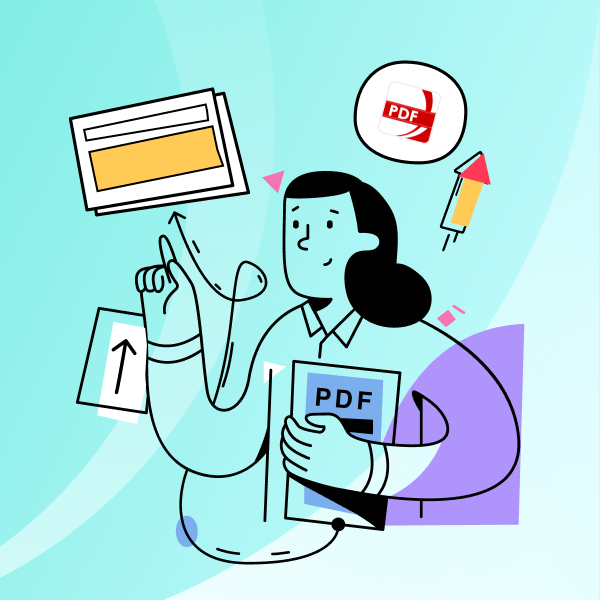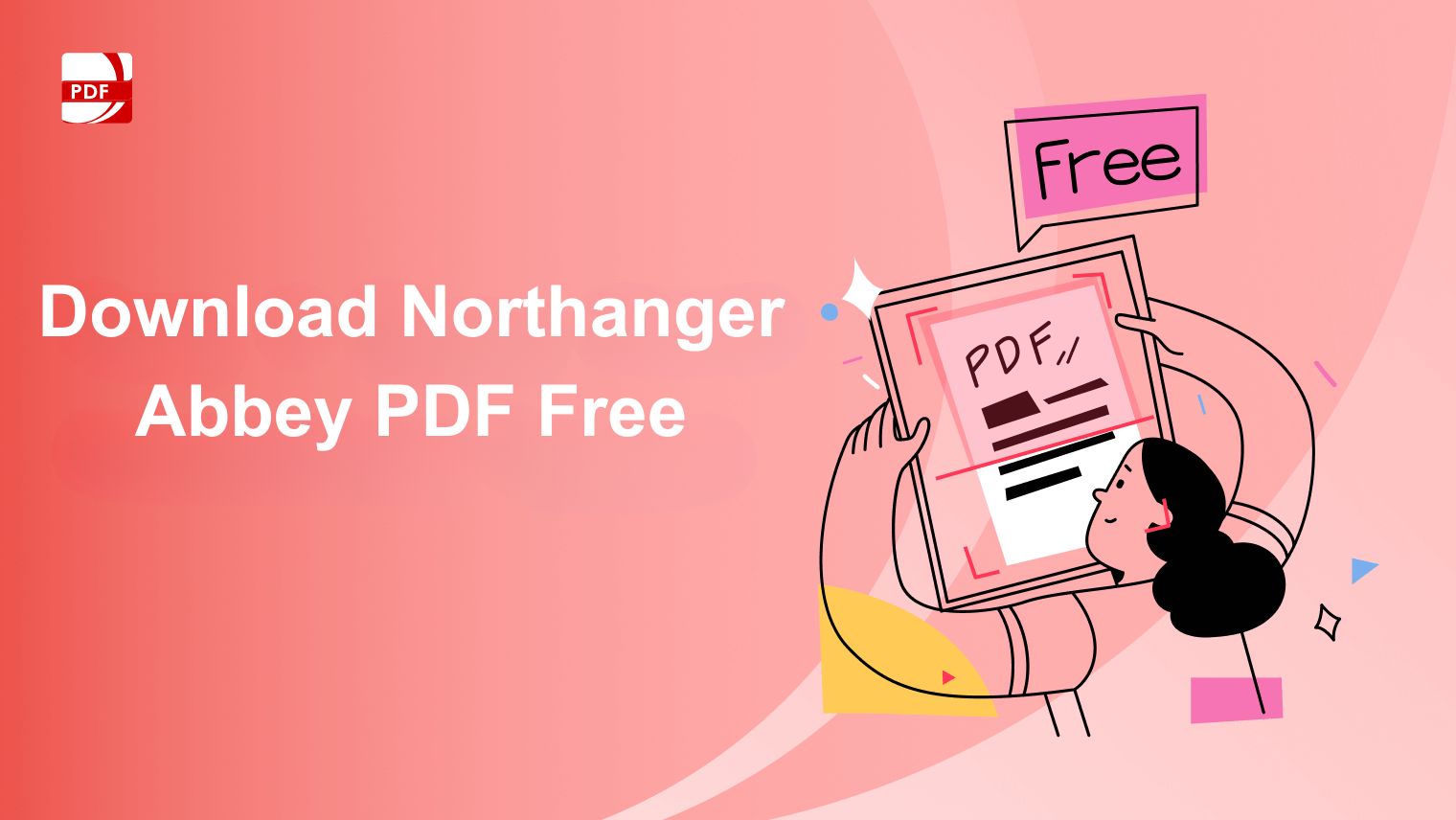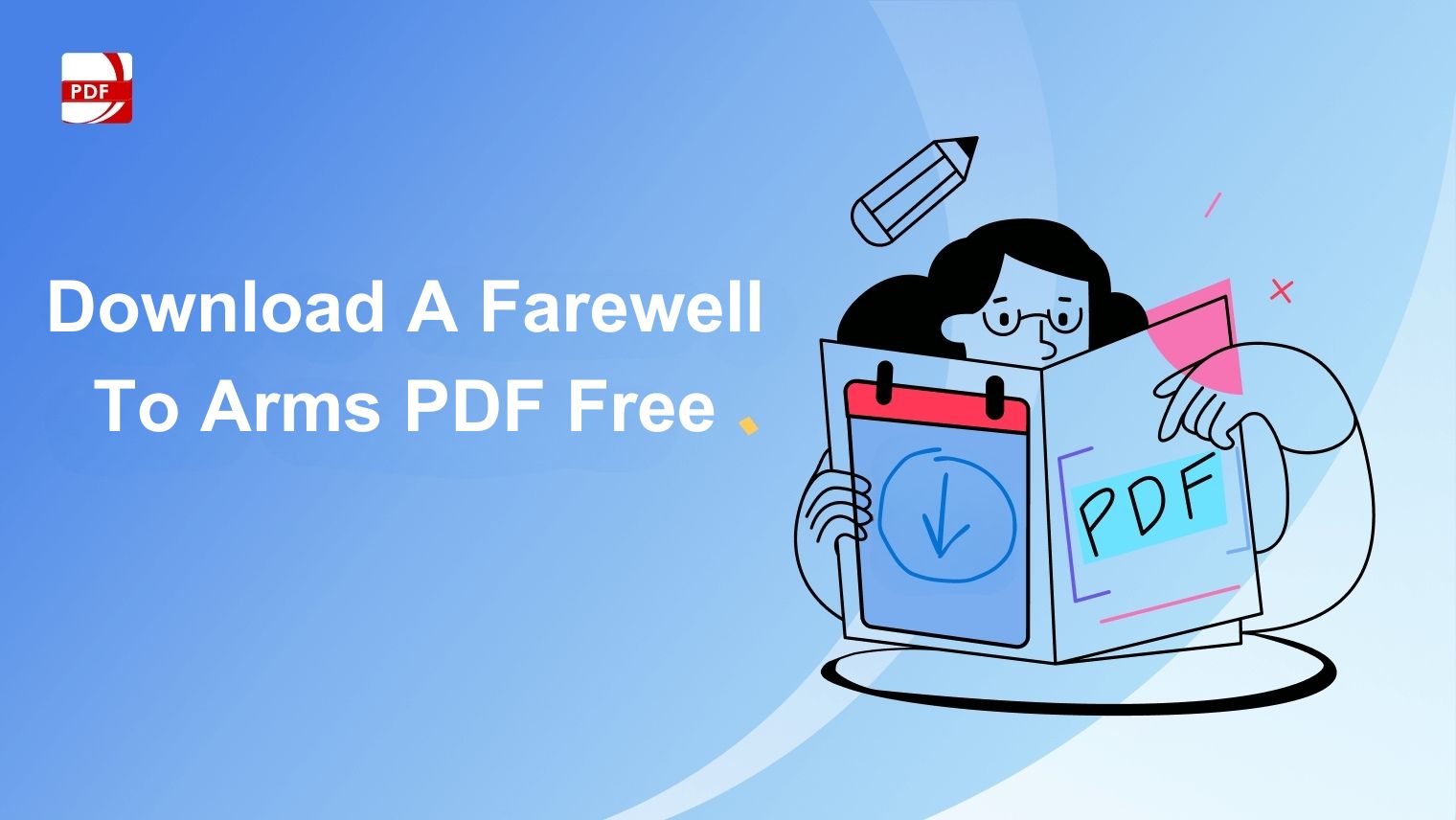In response to the challenges presented by Coronavirus (COVID-19), the U.S. government is taking several actions to bolster the economy, such as offering expanded unemployment, student loan relief, sending stimulus checks, and more — a $2 trillion stimulus package to help individuals, families, and businesses (was signed into law).
But how do some of these efforts work, and who will they directly impact?
Let's look at the 2023 stimulus checks, how they work, who qualifies, and how to get one.
- What Is A Stimulus Check
- Who Is Eligible For A Stimulus Check
- When Do Stimulus Payments Phase Out
- How To Track Your Stimulus Check Payment Status
- How To Claim Your Stimulus Money
- Stimulus Check: FAQ
What Is A Stimulus Check
A stimulus check, also known as an Economic Impact Payment, is a payment sent to eligible individuals and families by the government, typically during times of economic downturn or crisis. The primary purpose of such payments is to provide financial relief to households and stimulate economic activity.
Stimulus checks are intended to stimulate the economy by providing consumers with some spending money. When taxpayers spend this money, it boosts consumption and drives revenues at retailers and manufacturers and thus spurs the economy.
A stimulus check can be part of a larger federal stimulus package designed to support the economy, which was the case with the stimulus payments that were part of the Coronavirus Aid, Relief, and Economic Security Act (CARES) in 2020.
Who Is Eligible For A Stimulus Check
U.S. citizens and resident aliens who meet income requirements and who cannot be claimed as a dependent on another person’s tax return are generally eligible.
Income is based on your 2019 adjusted gross income (AGI). Individuals earning under $75,000 and heads of households under $112,500 typically qualify for the full $600 stimulus payment. Those married and filing jointly or surviving spouses earning under $150,000 usually qualify for a $1,200 payment.
If you exceed the income requirements, you may still receive a reduced stimulus payment, but the $600 payment phases out completely at $87,000 AGI for individuals and $174,000 AGI for couples filing jointly.
Qualifying Children
People with qualifying children will receive an additional $600 per child. However, children claimed as dependents who are 17 and older are not eligible for the child payment.
Adult Dependents
Unlike the first stimulus payment, adults claimed as dependents on another person’s tax return (such as a college student) aren’t eligible for a second stimulus check.
When Do Stimulus Payments Phase Out
The payments will be reduced at the same rate as the stimulus payments from the CARES Act. However, because the payments are lower, the income levels at which they phase out are lower than the CARES Act.
- For individuals: Your stimulus check is reduced by $5 for every $100 you earned above the $75,000 AGI threshold. Stimulus payments phase out completely for this group at $87,000 AGI.
- For married couples filing jointly: Your stimulus check is reduced by $5 for every $100 you earned above the $150,000 AGI threshold. Stimulus payments phase out completely for this group at $174,000 AGI.
- For heads of households: Your stimulus check is reduced by $5 for every $100 you earned above the $112,500 AGI threshold. Stimulus payments phase out completely for this group at $124,500.
How To Track Your Stimulus Check Payment Status
The IRS offers a Get My Payment tool in English and Spanish to check the status of both the first and second stimulus checks.
How To Claim Your Stimulus Money
The first step is to figure out how much in missing stimulus payments you'll need to claim on your 2020 tax returns.
The IRS, which began accepting tax returns on February 12, calls the checks "recovery rebate credits" on its tax forms. That's because, technically, the payments were actually tax rebates paid in advance of filing your taxes.
To help determine if you are owed more, the IRS published a Recovery Rebate Credit worksheet, which asks questions about eligibility (such as your income) and how much you received in the two stimulus checks so far. If you find that you are owed more, you can enter the amount on line 30 on IRS Form 1040.
If you don't recall how much you received in the first two rounds of stimulus payments, you can create or view your account at the IRS website. Extra stimulus money will be included with your tax refund. Most taxpayers will receive their refund within 21 days, according to the tax agency.
Stimulus Check: FAQ
- What are Economic Impact Payments?
Economic Impact Payments, commonly referred to as stimulus checks, are financial relief payments made by the US Government to eligible taxpayers. These payments were introduced in response to the economic downturn caused by the COVID-19 pandemic. - How many stimulus checks have been released so far?
As of the date of the article, the US Government has released three stimulus checks – two in 2020 and one in 2021. - I haven’t received one or more of my stimulus checks. What can I do?
If you missed out on any of the first three stimulus checks, you can claim them through the Recovery Rebate Credit by e-filing your tax return for the respective year (2020 or 2021). - What is the Recovery Rebate Credit?
The Recovery Rebate Credit allows taxpayers to claim missed stimulus checks when they e-file their tax returns. This can be claimed for both 2020 and 2021, based on the stimulus checks you haven't received. - Is there going to be a 4th stimulus check?
As of now, the Internal Revenue Service has not confirmed a fourth stimulus check. However, some US states are reportedly considering issuing additional payments to combat inflation. - How can I check if my state is issuing a 4th stimulus check?
To determine if your state is issuing a 4th stimulus check, you can contact your State's Department of Taxation or Finance for detailed information. - Is the 'Get My Payment' tool still available to track stimulus payments?
The 'Get My Payment' tool, which was used to track the first three stimulus payments, is no longer in service. However, if you're claiming missed payments via the Recovery Rebate Credit, you can use the "Where’s My Refund" tool to monitor the payment status. - How do I e-file my tax return to claim missed stimulus payments?
You can use the Internal Revenue Service’s Free File tool to e-file your tax return. Ensure you have your taxation details for the respective year (2020 or 2021) ready, along with your Social Security Number, Filing Status, and Refund Amount. - Are there any specific prerequisites to claim the Recovery Rebate Credit?
Yes, to claim the Recovery Rebate Credit, you must have the details of your 2020 and 2021 tax records. It's mandatory to have your Social Security Number, Refund Amount, and other basic details. - Will there be more updates on the Stimulus Check 2023?
Yes, any new developments regarding the Stimulus Check 2023 will be updated in subsequent articles. Stay tuned for more information. - What role does the federal government play in the stimulus program?
The federal government is responsible for initiating, funding, and distributing the stimulus program to provide financial assistance to eligible residents during economic downturns. - How do joint filers and single filers differ in terms of the stimulus program?
Joint filers typically refer to married individuals filing a joint income tax return, whereas single filers file as a single person. The stimulus payment amounts may vary between these filing statuses, with joint filers often receiving a combined amount. - Are heads of household eligible for the stimulus program?
Yes, heads of household typically have different income limits for eligibility criteria compared to single filers and joint filers. - How do property taxes relate to the stimulus program?
Some states or the federal government might provide property tax rebates as part of the stimulus program to offer much-needed relief to homeowners. - What's the difference between tax refund checks and direct payments?
Tax refund checks are amounts returned to taxpayers when they've overpaid their personal income taxes. Direct payments or rebate payments refer to one-time payments from the government, like the stimulus checks. - How do income limits affect the stimulus program?
Income limits, or annual income limits, determine the eligibility of individuals for the stimulus program. Eligible residents must fall below certain income thresholds to qualify for full or partial payments. - Is there a difference in payment amounts between single and married filing?
Yes, married individuals filing jointly often receive a combined stimulus amount, which might be twice the amount of a single person. The exact amounts can vary based on the terms set by the federal government or Department of Revenue. - How will eligible individuals receive their stimulus payments?
Eligible individuals typically receive their payments via direct deposit to bank accounts if the government has their details. Otherwise, a paper check might be sent to their registered address. - Are frontline or essential workers receiving special considerations in the stimulus program?
Some stimulus programs, especially at the state level, might provide additional financial boosts or benefits to essential workers and frontline workers, acknowledging their contributions during challenging times like pandemics. - What are the key eligibility requirements for the stimulus checks?
Eligibility criteria can vary, but common requirements include being a full-year or permanent resident, meeting income limits, and having a filed income tax return. Some programs might also have provisions for persons with disabilities or specific worker categories. - Can separate returns impact the amount received from the stimulus program?
Yes, if married individuals file separate returns instead of a joint return, it might influence their individual and combined eligibility and the resulting payment amounts. - Who should I consult for personalized advice on the stimulus payments?
For tailored advice, it's best to consult a tax professional or engage with resources in the Personal Finance domain. They can provide guidance based on your specific financial situation and the current rules of the stimulus program. - Does a surplus in budget funds influence the issuance of stimulus checks?
The federal government or states might decide to allocate surplus budget funds to provide financial assistance or cost of living adjustments to residents, although it's not always directly linked to stimulus checks.









